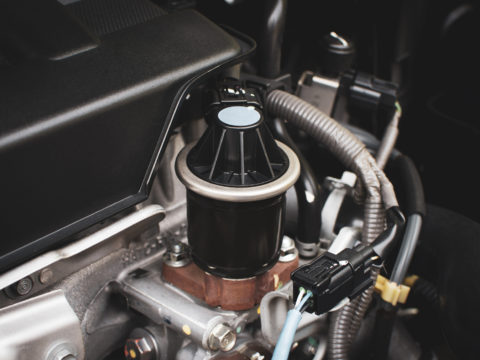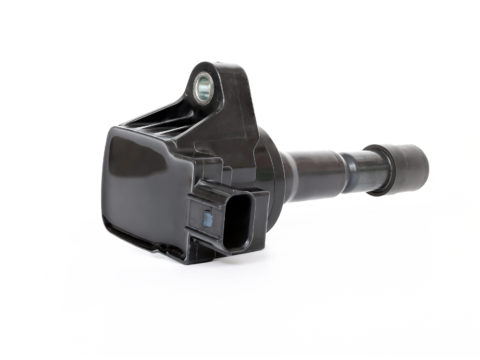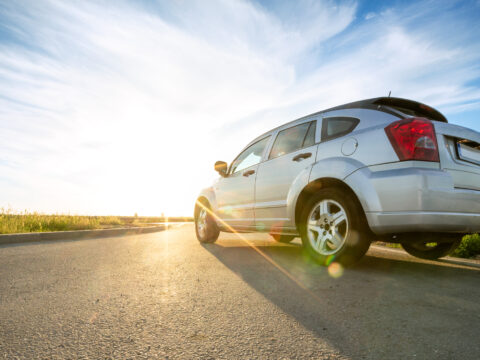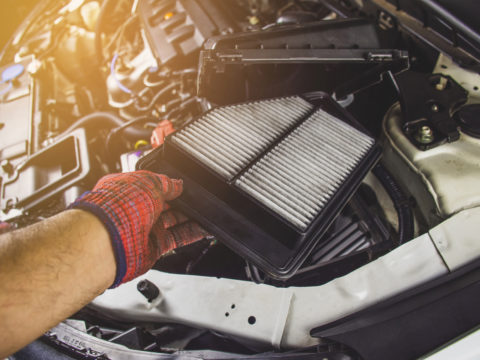A car not accelerating when pushing on the gas can result from a variety of issues. This article will cover some causes and possible fixes to try if you find yourself in this situation.
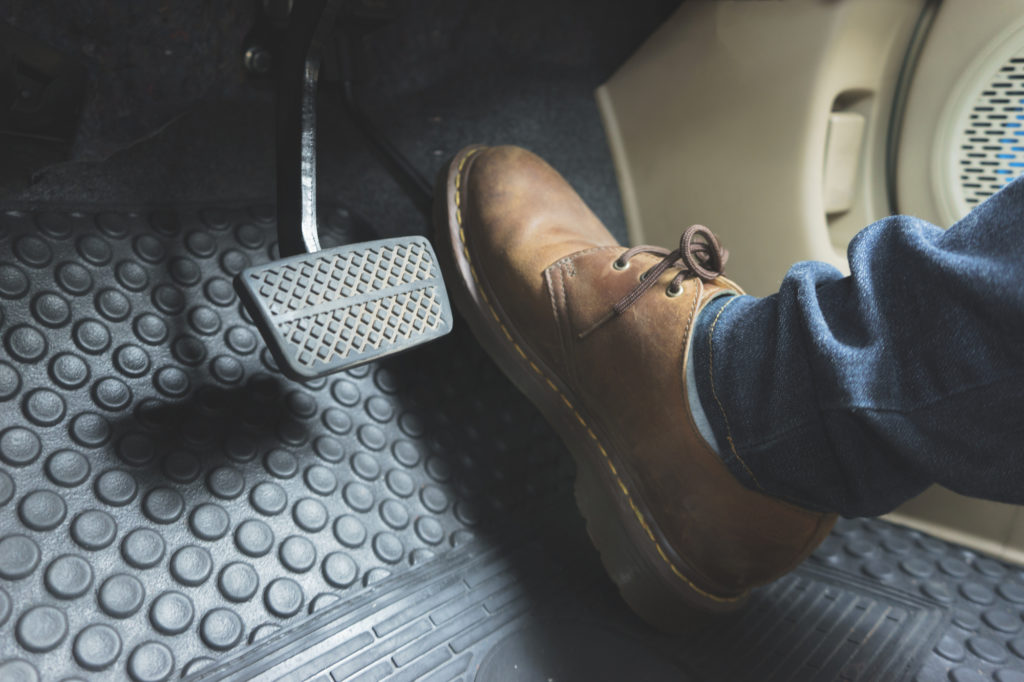
Contents
How the Accelerator Works
The accelerator pedal controls the fuel delivery rate into the engine. The gas pedal sends a signal via a cable to the throttle valve, which opens and closes it. When open, more air enters the engine; when closed, less air enters.
As you press down on the gas pedal, this causes an increase in pressure inside of your vehicle’s intake manifold (which is located between your car’s cylinders).
This increased pressure forces more fuel (remember that gasoline is just highly refined petroleum) through your car’s injectors and into its combustion chambers, where it then mixes with oxygen from your vehicle’s intake system. This results in the ignition and then power for acceleration.
Common Causes of a Sluggish Car Acceleration
There are multiple reasons why the car may not be accelerating how it should. Some of these are easy to fix, but others can cause severe problems if you don’t handle them properly.
1) Ignition Problems
A straightforward issue that could prevent your car from accelerating is a faulty ignition switch. Unfortunately, if this is the case, then simply fixing the ignition won’t solve the problem as there will still be no power for your vehicle’s engine to use.
2) Faulty Energy Saver Switch
Another possible culprit is the energy saver switch, which monitors how hard you press the gas pedal. When you first start up your car or have been idling for quite some time, this switch will turn off some systems. For example, your car’s AC or radio may turn off after the engine has been running for a while because it is no longer needed.
If this switch is turned off, then there won’t be any power sent to the throttle valve, and with no open throttle valve, you won’t be able to accelerate like usual.
You can test whether or not this is causing your problem by turning on your AC unit for several minutes so that it is very cold inside your vehicle. Try accelerating again after you do this; if it works properly now, this was probably what was preventing you from getting up to speed earlier.
3) Engine Malfunction
An issue within the engine itself could also prevent it from moving forward even if your car’s accelerator pedal is fully pressed. For example, if the engine has lost compression, which prevents it from turning over, this will cause the motor not to run correctly.
4) Bad Fuel Delivery
If your vehicle’s fuel injectors are dirty or clogged up for some reason, then they won’t be able to send any gasoline into your engine to make it run. Since gas is just refined petroleum that contains hydrocarbons in their purest form, if there isn’t any of this present in your car, you won’t achieve an adequate amount of power for acceleration.
5) Bad Spark Plugs
If your car’s spark plugs are faulty or going bad for some reason, then you could be having a similar issue. The spark plugs create a spark within your car’s cylinders through which the explosion that produces power for acceleration occurs. So if these aren’t working correctly, it would make sense that a lack of power would happen while accelerating.
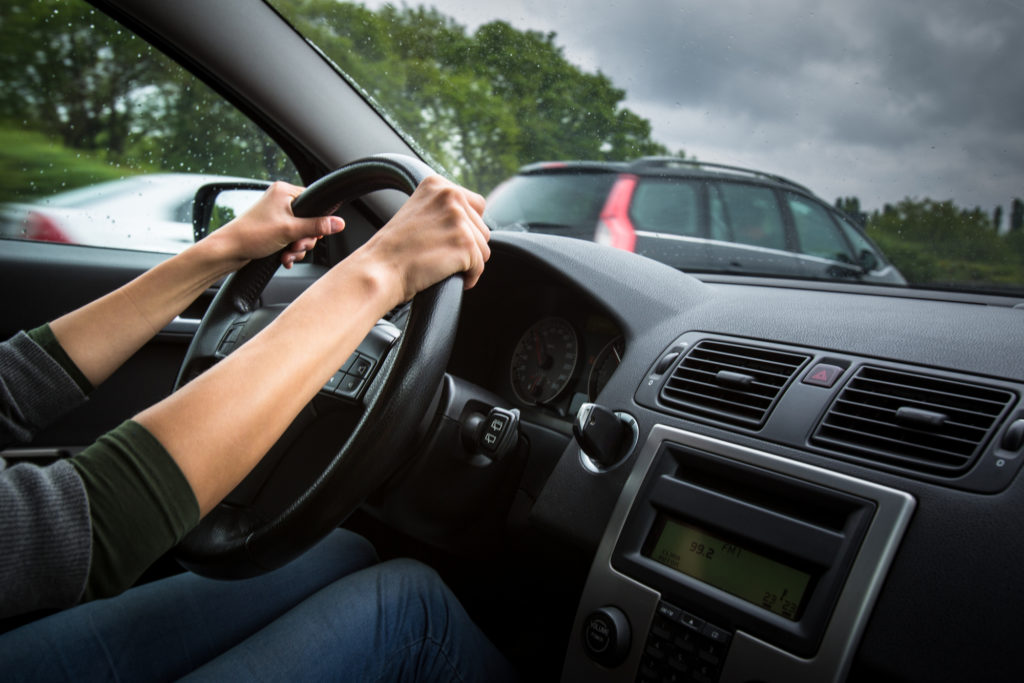
How to Fix Car Acceleration Problems
There are several different ways to fix the issues that exist with your car’s acceleration. If you want to learn more about how you can do this, continue reading below.
1) Clear Your Spark Plugs of Carbon Deposits
One way to solve a problem associated with faulty spark plugs is by cleaning off the carbon deposits to prevent any spark from happening.
To do this, take out each one of your car’s spark plugs and use either an old toothbrush or wire brush to clean off these deposits on each one. It should be done for each cylinder as not every plug will have the same issue since not every cylinder receives its power through fuel injection systems.
2) Fix Your Car’s Engine
Another solution to your car not accelerating is fixing the underlying engine problem that might exist. For example, if you have bad compression in one or more cylinders, then this would mean that you will need a new engine for your vehicle.
On the other hand, if there is something wrong with your ignition system, such as faulty spark plugs or an ignition coil failure, this can be repaired relatively quickly and should only take a few hours of work.
3) Fix an Issue with Your Gasoline Delivery
Another solution to consider is whether there is a problem with your vehicle’s gasoline delivery. If your fuel injectors are dirty or clogged up, then this would be the issue that would cause you to not have enough gas being sent into your engine for it to create power when accelerating.
4) Inspect Your Vehicle’s Engine
If the problem with your vehicle exists within its engine itself, you will have to take out all of the necessary parts that might have an issue. For example, if it is compression loss due to a lack of oil in your car’s engine, you should fix it as soon as possible to prevent any serious problems from occurring later on down the road.
5) Check Out Your Car’s Fuel Injector
If bad fuel delivery was causing your car not to accelerate correctly or if your car uses gasoline as a primary energy source for powering itself, the problem could be the fuel injector. Then having a professional mechanic come and inspect each of these injectors would probably be your best course of action for fixing this issue unless you feel comfortable doing it yourself.
6) Replace Your Car’s Accelerator Sensor
If your car’s accelerator sensor has become faulty for some reason, then it should be replaced as soon as possible. This will ensure that you can keep the correct amount of power going to your vehicle without dealing with any problems like low speed or other issues related to acceleration.
7) Replace Your Vehicle’s Crankshaft Position Sensor
The crankshaft position sensor is essential if you want to ensure maximum acceleration capabilities while driving down the road. However, if this sensor isn’t working correctly, you will have a limited amount of power going to your wheels at any given time. To fix this issue, you should replace it as soon as possible.
Should You Fix It Yourself or See a Mechanic?
You might be wondering if you should fix the issues with your car on your own or if you should see a professional for help. In some situations, it would make sense to do this on your own without any issue, while in other cases, it is best to have a professional mechanic come and look at what can be done to fix this problem.
If there is simply something wrong with how your car’s spark plugs are working, for example, then the chances are that you will be able to solve this on your own without too much hassle. However, if the problem involves more complex systems such as fuel injection or even an engine itself, then you might want to have a professional mechanic take care of this.

